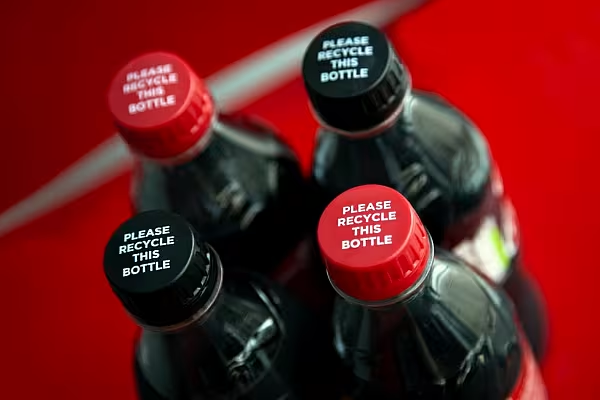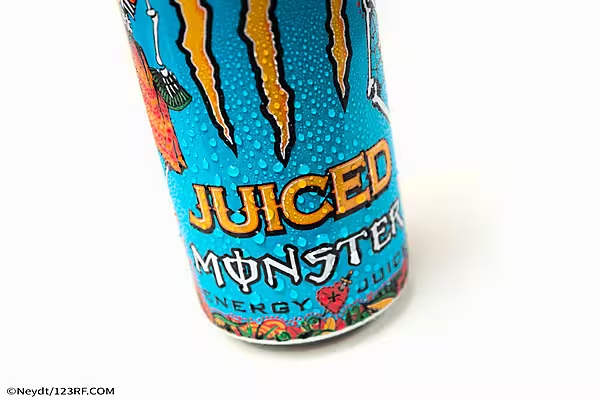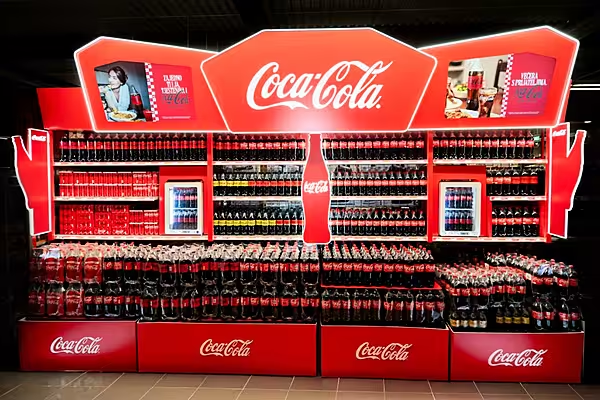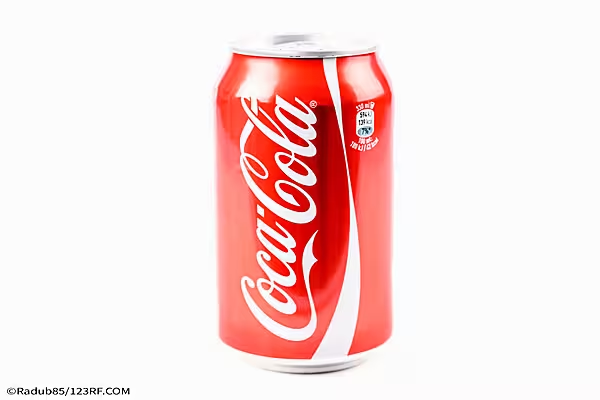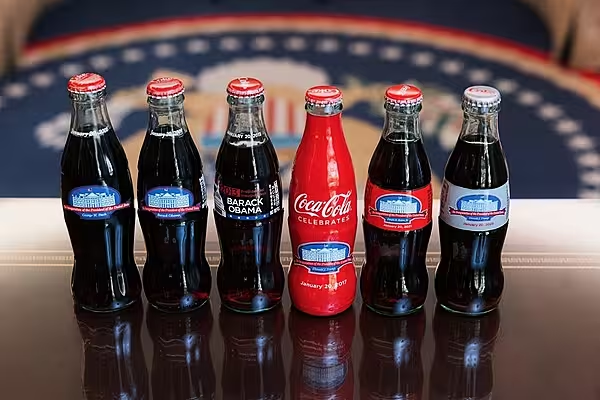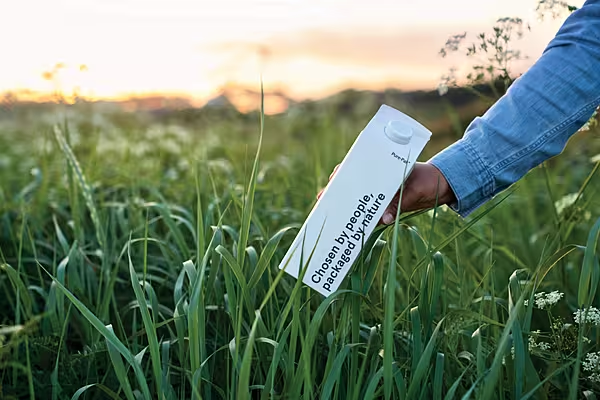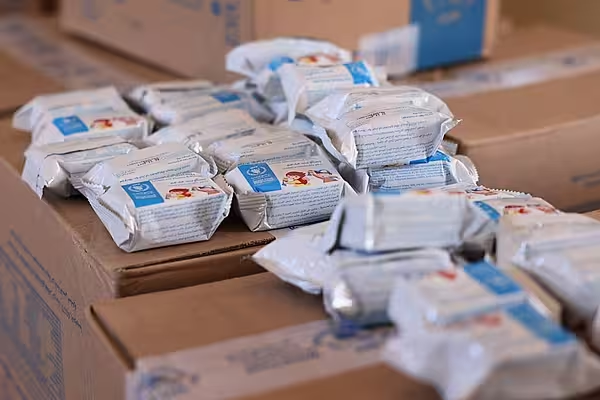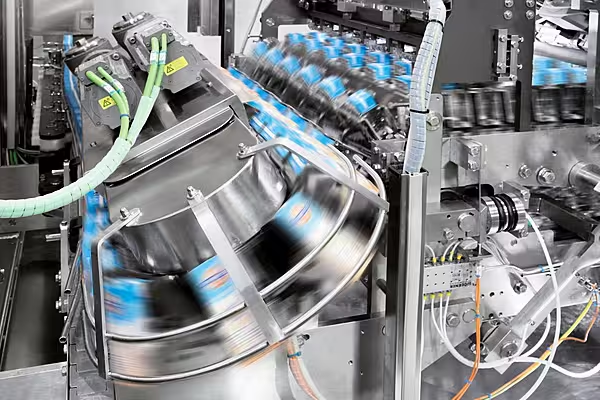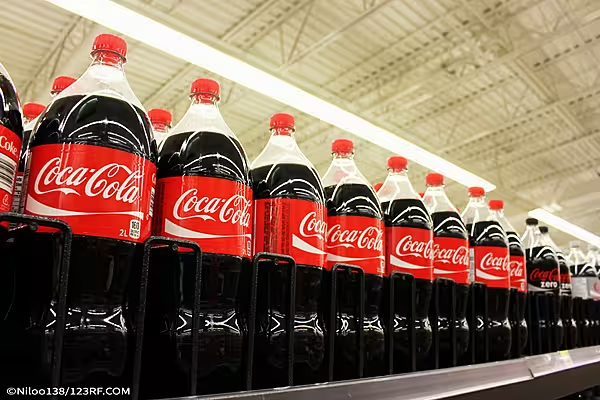Coca-Cola Europacific Partners (CCEP) has announced a further investment into carbon conversion technology, as it seeks to develop more sustainable packaging materials.
The bottler has teamed up with researchers from Swansea University on a project that will explore new ways to manufacture ethylene – one of the key components in plastic, such as the HDPE used to make plastic bottle caps.
The research will seek to develop technology that is capable of using CO₂ captured form the atmosphere in the development of ethylene, which could potentially present a more sustainable means of developing plastic packaging.
'Exciting Potential'
“We’re incredibly excited about the potential of this research," commented Craig Twyford, head of CCEP's innovation investment engine, CCEP Ventures. "We know that making our packaging materials more sustainable is key to decarbonising our business, and technology will play an important role in helping us solve this challenge.
“Through Ventures, we are committed to seeking out and funding solutions that will build a better future for our business, communities and the planet. If scaled, this technology could impact both our fossil fuel use and carbon emissions and help to accelerate a low-carbon future for CCEP.”
Three-Year Project
CCEP and Swansea University's research project will take three years, initially focusing on the development of a 'highly efficient and productive CO₂ to ethylene conversion process', the group said, before evaluating scale-up options.
“We’re really thrilled to be working with CCEP to develop next-generation carbon dioxide utilisation technology," added Professor Enrico Andreoli, head of chemical engineering at Swansea University and principal investigator of the project. "We take a practical approach in our research focusing specifically on sustainable applications, and fossil-free ethylene production is certainly a key one."
